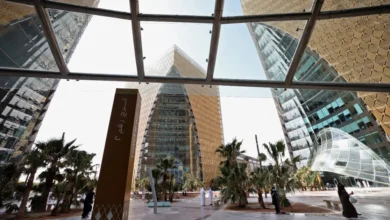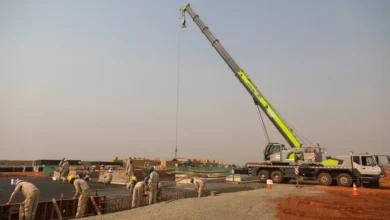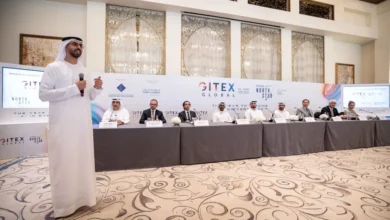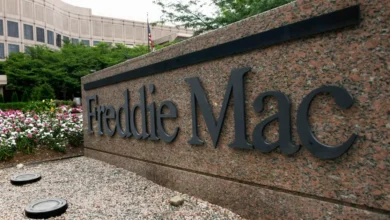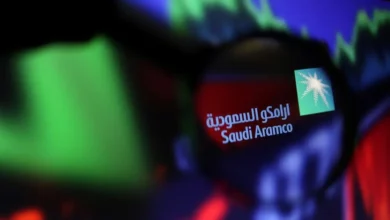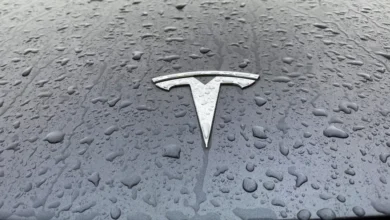Kuwait eyes public-private partnership energy projects to help end power crisis
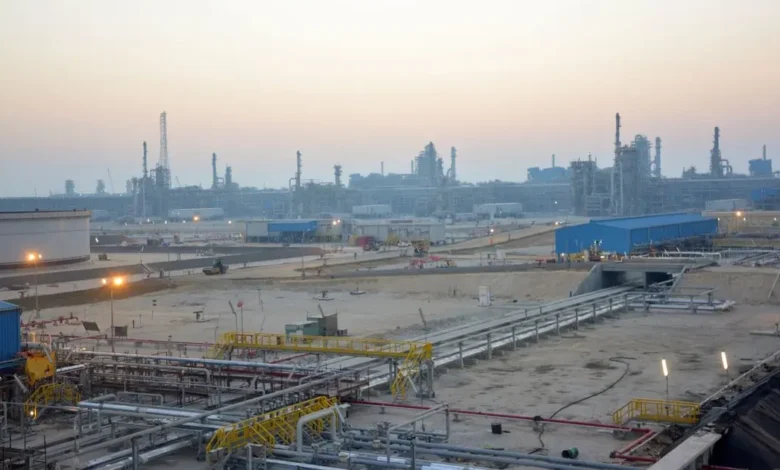
Kuwait is hoping that new energy projects involving state and private investors will help the country tackle its power crisis, with one of the contracts due to be awarded within weeks, the acting director general of the Kuwait Authority for Partnership Projects (KAPP) said.
Kuwait, a member of the Organization of the Petroleum Exporting Countries (OPEC), has been grappling with a severe electricity shortage driven by rapid population growth, urban expansion, rising temperatures, and delays in maintenance at some power plants.
Since last year, the government has resorted to planned power cuts in some areas to reduce the load.
Under KAPP’s Public Partnership Projects (PPP) framework, companies are set up to carry out projects managed by a strategic partner. The partner, who can be Kuwaiti, foreign or a consortium of investors, is allocated 26 percent to 44 percent of the company’s shares.
The remaining 50 percent stake is offered to Kuwaiti citizens and the remainder retained by the government. The goods and services produced are sold back to the government.
The authority is looking at several projects that will “ease the financial burden on the state budget, as their costs will be borne by the private sector,” KAPP’s acting director general Asmaa Al-Mousa told Reuters.
Among the top-priority projects are the Khairan power project, the Dabdaba and Shagaya renewable energy project, as well as phases two and three of the Al-Zour North power plant, which are expected to be awarded “within weeks,” after which implementation will begin, she said.
Once completed, the Al-Zour North project will produce 2.7 gigawatts (GW) of power and 120 million gallons of water daily using combined-cycle technology, with construction set to take three years.
Al-Mousa said she hopes to launch the tenders for phases one and two of the Dabdaba and Shagaya renewable energy project before the end of 2025.
Phase one, with a production capacity of 1.1 GW, has already completed the qualification process and companies have been invited to submit qualification requests for phase two, which aims to produce 500 megawatts of electricity.
The four phases of the Dabdaba-Shagaya project are expected to produce a total of 4.5 GW by 2030.
